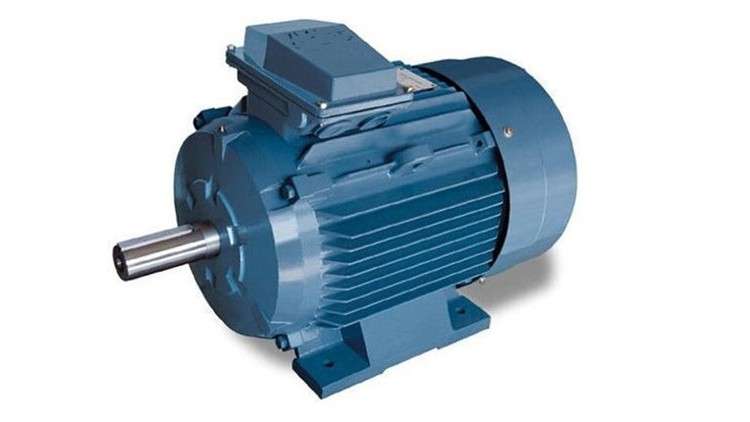
Detailed Study of Synchronous Motor
What you will learn
Any Engineering student or faculty
Why take this course?
**Course Description:**
Welcome to the in-depth exploration of one of the most crucial components in the realm of electric motors – the **Synchronous Motor**. This course is designed to give you a comprehensive understanding of how these motors function, their applications, and the unique role they play in various industries.
**Overview:**
– A **synchronous electric motor** is an AC motor where the rotation speed matches the frequency of the supply current, ensuring synchronization at all times. 🔁⚡
**Key Features:**
– The motors operate on multiphase AC electromagnets on the stator, which create a rotating magnetic field in sync with the line current. 🌐🔧
– The rotor equipped with permanent magnets or electromagnets spins at the same rate as the stator field, creating a second synchronized rotating magnet field. ⚛️✨
– A **synchronous motor** is considered **doubly fed** when it receives independently excited multiphase AC electromagnets on both the rotor and stator, enabling enhanced control and efficiency. 🔌🤖
**Fundamentals:**
– Synchronous motors are distinct from induction motors in that they operate at a rate fixed by the line frequency, as their rotor magnetic field is not induced but is instead directly supplied. ➡️🔄
– Induction motors require ‘slip’ – the rotor must run slightly slower than the alternating current to induce the necessary current for operation. 🔂
**Precision Applications:**
– Small synchronous motors are perfect for timing applications, such as in synchronous clocks, appliance timers, and precision servomechanisms. Their speed is as accurate as the power line frequency. ⏰🧪
**Range of Usage:**
– Synchronous motors are available across a wide range of sizes – from self-excited sub-fractional horsepower to large industrial motors. 🛠️🏭
– In the fractional horsepower range, these motors are ideal for applications requiring precise constant speed. 🔧➡️💨
**Industrial Impact:**
– In higher power industrial sizes, synchronous motors not only convert AC energy to work efficiently but also play a critical role in power-factor correction, improving the overall power system’s performance. 🏗️🌐
**Applications:**
– From driving analog electric clocks and timers to controlling complex industrial systems, synchronous motors are an indispensable component of modern technology. Their ability to operate at leading or unity power factor makes them a valuable tool for power system management. ⏱️🛠️
**Why Study Synchronous Motors?**
Understanding the principles behind synchronous motors is essential for anyone involved in electrical engineering, robotics, automation, and energy systems. This course will equip you with the knowledge to design, select, or maintain synchronous motor applications across various industries. 🏫🤝
Join us on this journey to unlock the secrets of synchronous motors and harness their potential in your next project! 🚀📚